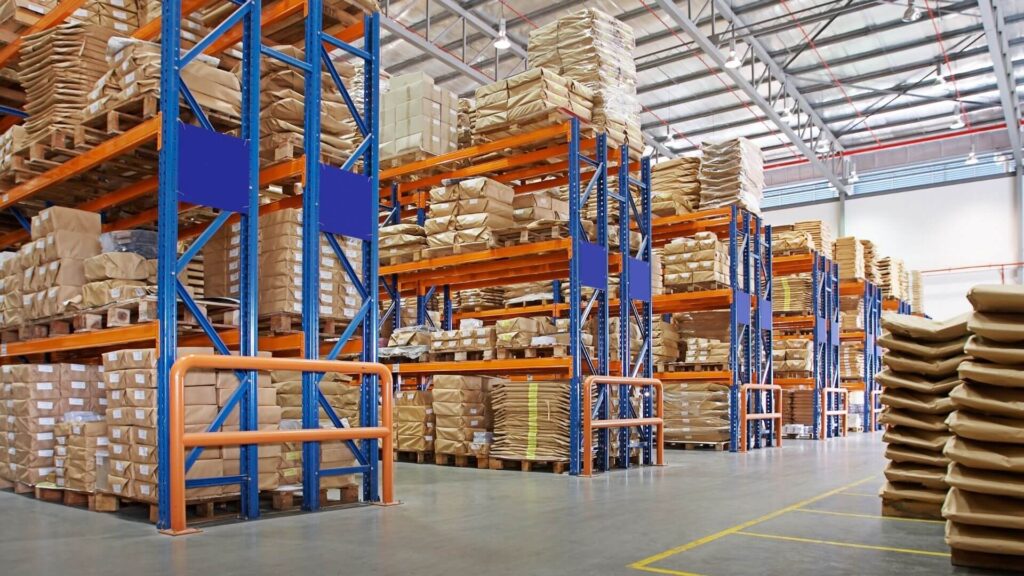
In the rapidly evolving e-commerce industry, effective logistics and inventory management are crucial for success. One often overlooked aspect of warehouse management is water storage, which plays a vital role in various operational processes. From fire safety to sanitation and inventory preservation, understanding the significance of water storage solutions can greatly enhance the efficiency and safety of e-commerce warehouses.
Importance of Water Storage in Warehouses
Water storage in warehouses is essential for several reasons:
Fire Safety: Warehouses often house a variety of products, including flammable materials. Having an adequate water supply is critical for fire suppression systems. Many warehouses are required by law to maintain specific water reserves to ensure effective fire control measures. This not only protects the inventory but also ensures the safety of employees.
Sanitation: Maintaining cleanliness in warehouses is vital for both product integrity and employee health. Water is necessary for cleaning purposes, ensuring that the storage areas, packaging zones, and equipment remain hygienic. A reliable water storage system helps to facilitate regular cleaning schedules and adhere to health regulations.
Inventory Preservation: Certain products, especially those in the food and beverage sectors, require specific humidity and temperature controls. Water can be utilized in climate control systems to maintain optimal storage conditions, thereby prolonging the shelf life of goods and reducing spoilage.
Types of Water Storage Solutions
Given the diverse needs of e-commerce warehouses, several water storage solutions can be employed:
Tanks: Various types of tanks, such as above-ground, underground, and portable tanks, are commonly used in warehouses. Above-ground tanks are easier to install and maintain, while underground tanks save space and can offer better temperature regulation. Portable tanks can be especially useful in temporary or seasonal operations.
Rainwater Harvesting Systems: These systems collect and store rainwater for non-potable uses, such as irrigation and cleaning. Implementing a rainwater harvesting system not only reduces reliance on municipal water supplies but also contributes to sustainability efforts, which are increasingly important in the e-commerce sector.
Water Treatment Systems: For warehouses that require high-quality water for cleaning or operational processes, investing in water treatment systems is essential. These systems can purify water from various sources, ensuring that it meets health and safety standards.
Water Cisterns: Cisterns are large containers designed to hold significant volumes of water. They can be used to store water for fire suppression systems or as a backup supply for cleaning and sanitation needs. Cisterns are particularly useful in regions where water availability may be inconsistent.
Conclusion
As e-commerce continues to grow, so does the need for efficient and effective water storage solutions in warehouses. By prioritizing water storage, e-commerce businesses can enhance safety, ensure cleanliness, and protect their inventory. Investing in the right water storage systems and adhering to best practices not only supports operational efficiency but also contributes to a sustainable future in the industry. As the landscape of e-commerce evolves, water storage will remain a critical component in building resilient and effective warehouse operations.


